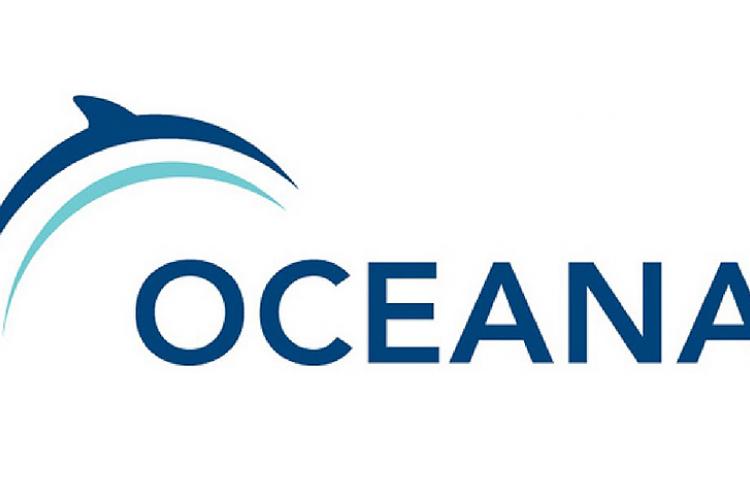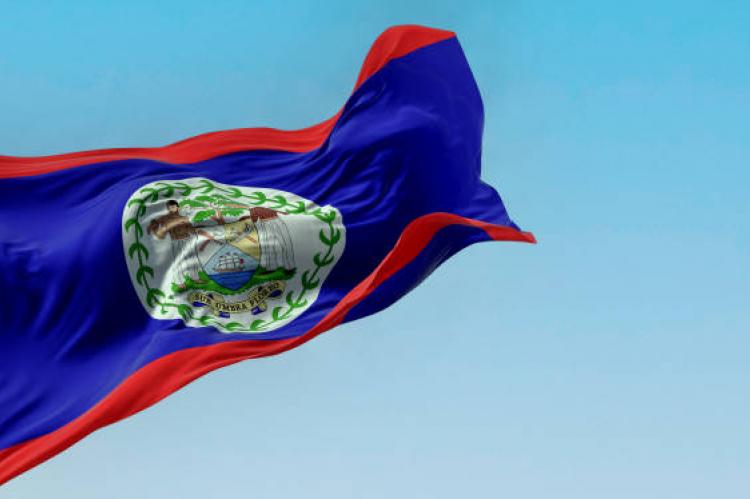Discussion on Economic Sovereignty: Balancing Environmental Protection and National Development
By Omar Silva
Editor, National Perspective Bz DIGITAL 2024
Belize City: Thursday, 17 October 2024
Economic sovereignty is a nation’s ability to make independent decisions regarding its resources, policies, and development paths without undue external interference. For countries like Belize, small but resource-rich, the challenge is finding a balance between environmental protection and the pursuit of economic opportunities, particularly in sectors that have the potential to transform their economies.
Belize’s Dilemma: Conservation vs. Economic Potential
Belize faces a dilemma many small nations encounter safeguarding its unique natural heritage, especially the Barrier Reef, while seeking avenues to develop economically. The discovery of oil in the Spanish Lookout area in 2005 opened the possibility of expanding exploration, especially offshore, where the potential for larger reserves exists. Yet, global organizations like OCEANA, backed by international foundations, have placed significant pressure on Belize to block offshore oil exploration, citing the fragility of its marine ecosystem.
While environmental protection is critical, it is worth considering that Belize’s economic future cannot solely rely on tourism, agriculture, or limited local resources. Belize’s neighbours, like Guyana and Mexico, have embraced offshore oil exploration as a key driver of their economic growth. Guyana, with its recent discovery of one of the largest oil reserves in the Americas, stands poised to experience an economic boom. Similarly, Mexico and Venezuela have long tapped into offshore oil, generating substantial revenue that fuels their economies.
Belize, by contrast, faces a unique situation where the potential for economic sovereignty—through the development of its natural resources—has been curtailed by external environmental organizations. This raises questions about whether Belize is being left behind in a global economy that values environmental sustainability, but also recognizes the importance of energy security and resource development.
Double Standards in Environmental Activism
OCEANA’s role in blocking offshore oil exploration in Belize, while not applying the same pressure on other countries with large marine ecosystems, reveals a possible double standard. Neighbouring nations like Mexico, Central America, and the Caribbean are engaged in offshore oil activities, yet they do not face the same level of international environmental protest. Even Venezuela and Guyana, both with significant offshore oil projects, are largely free from the same restrictive pressure that Belize experiences. This suggests that OCEANA’s focus on Belize might be disproportionate, or at least selective, raising important questions about the true motives behind these actions.
Economic Sovereignty at Stake
For Belize to achieve true economic sovereignty, it must be allowed to explore its resources and make informed decisions about its future without undue interference from external forces. While environmental conservation is essential, it must not come at the cost of economic development that could benefit the wider population. If Belize continues to be restricted from exploring offshore oil, it risks being overly dependent on fluctuating sectors like tourism, which are vulnerable to economic downturns and climate change.
Economic sovereignty should empower Belize to strike a balance between sustainable development and resource exploration. If managed responsibly, offshore oil could provide the revenue necessary to invest in sustainable industries, infrastructure, and social programs that benefit the country long-term. Belize should be free to explore this path without the disproportionate influence of foreign-funded organizations.
- Log in to post comments


